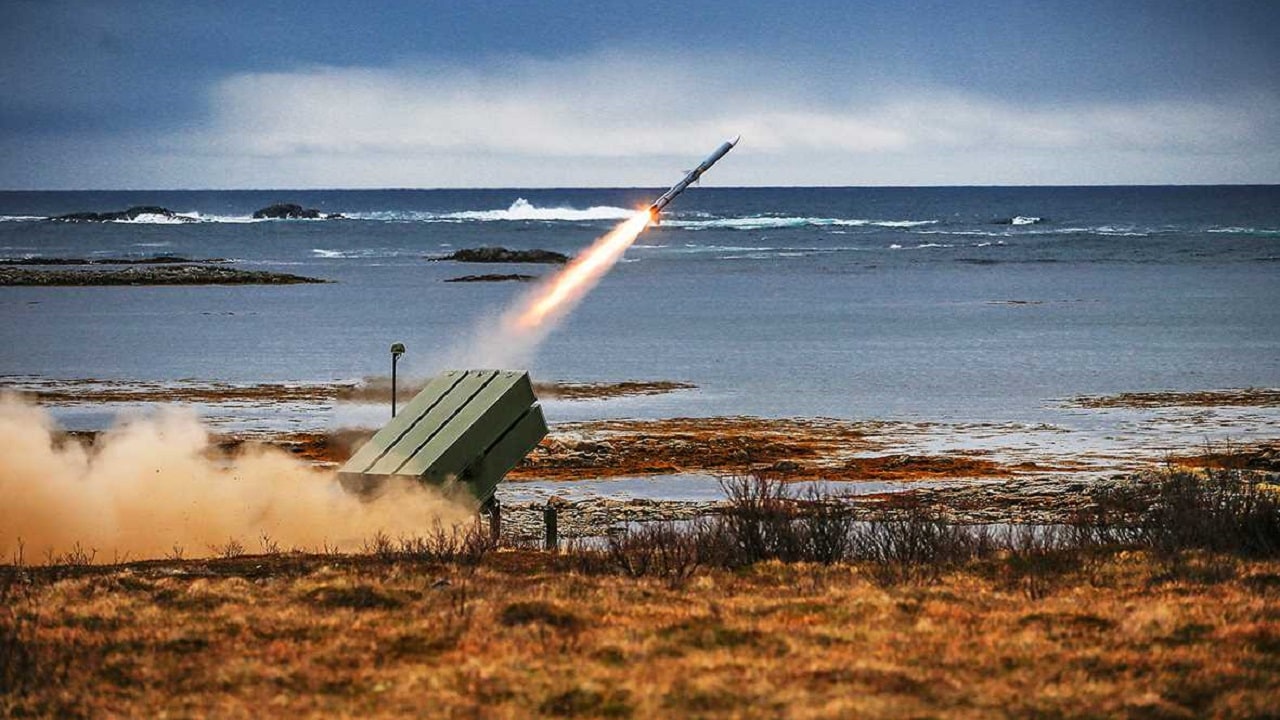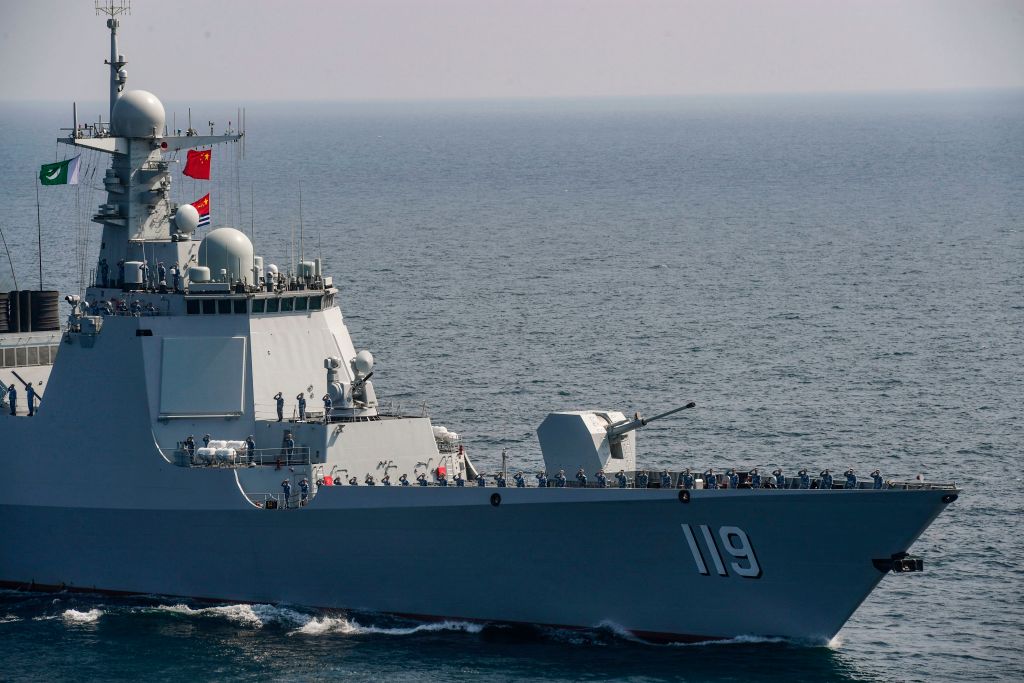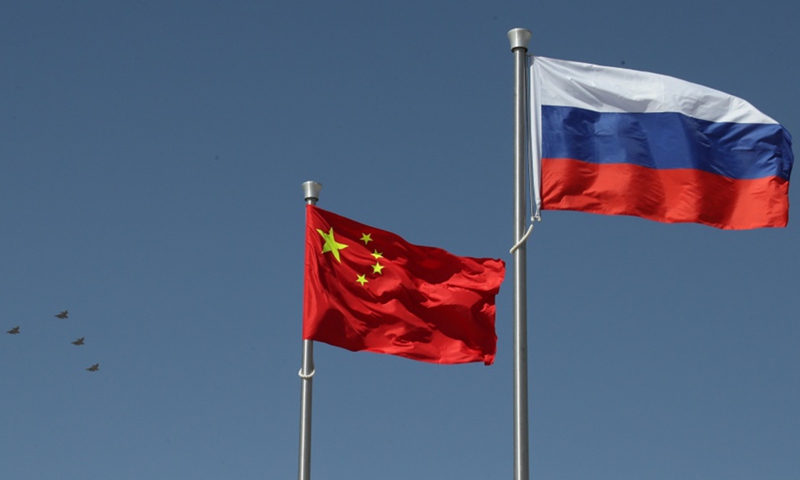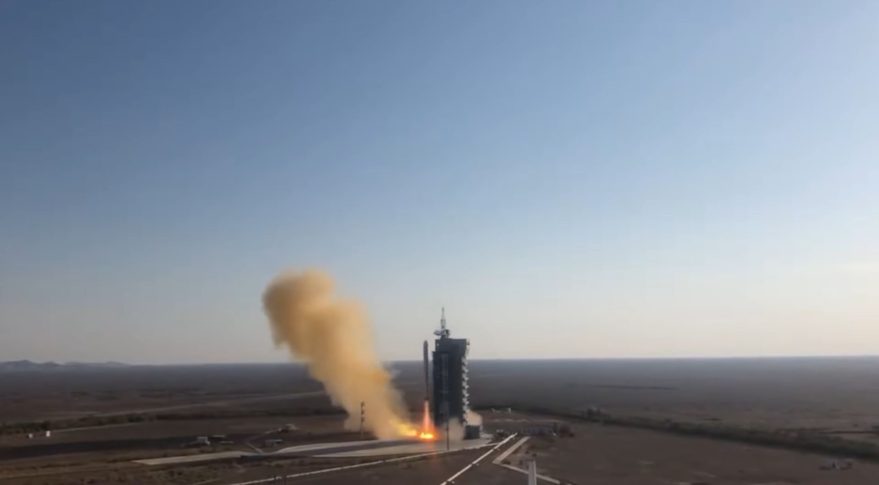
Public anniversaries mark the meaning of the past in the political present. In Washington, one year after the fall of Kabul to the Taliban, the failure of the United States and its allies is emotive and polarizing. This month, House Republicans issued a report, entitled “A ‘Strategic Failure,’ ” which is unsparing of the Biden Administration’s decision last year to withdraw all remaining American forces from Afghanistan, and of its conduct of the chaotic evacuation that followed. The White House denounced the report as “partisan” and demagogic; the National Security Council circulated a memo defending the Administration’s actions. There will be more of this, particularly if Republicans gain control of one or both chambers of Congress in November’s midterm elections. Democrats have reason, in that case, to fear Benghazi-inspired, election-driving hearings and investigations on Afghanistan, although any Republican drive to hang last year’s failures on Biden will be complicated by the central role played in the dénouement by former President Donald Trump.
:quality(100)/cloudfront-us-east-1.images.arcpublishing.com/thesummit/ZF7AOGAU5ZDRPL6ULVN43ZWCJM.jpg)
:quality(100):focal(1791x969:1801x979)/cloudfront-us-east-1.images.arcpublishing.com/thesummit/FHSYGJCXMRBXXGU4WCPODOCXYY.jpg)
:quality(100)/cloudfront-us-east-1.images.arcpublishing.com/thesummit/JP5YZ7M4EVHRNOS3TEBV37JLHE.jpg)










